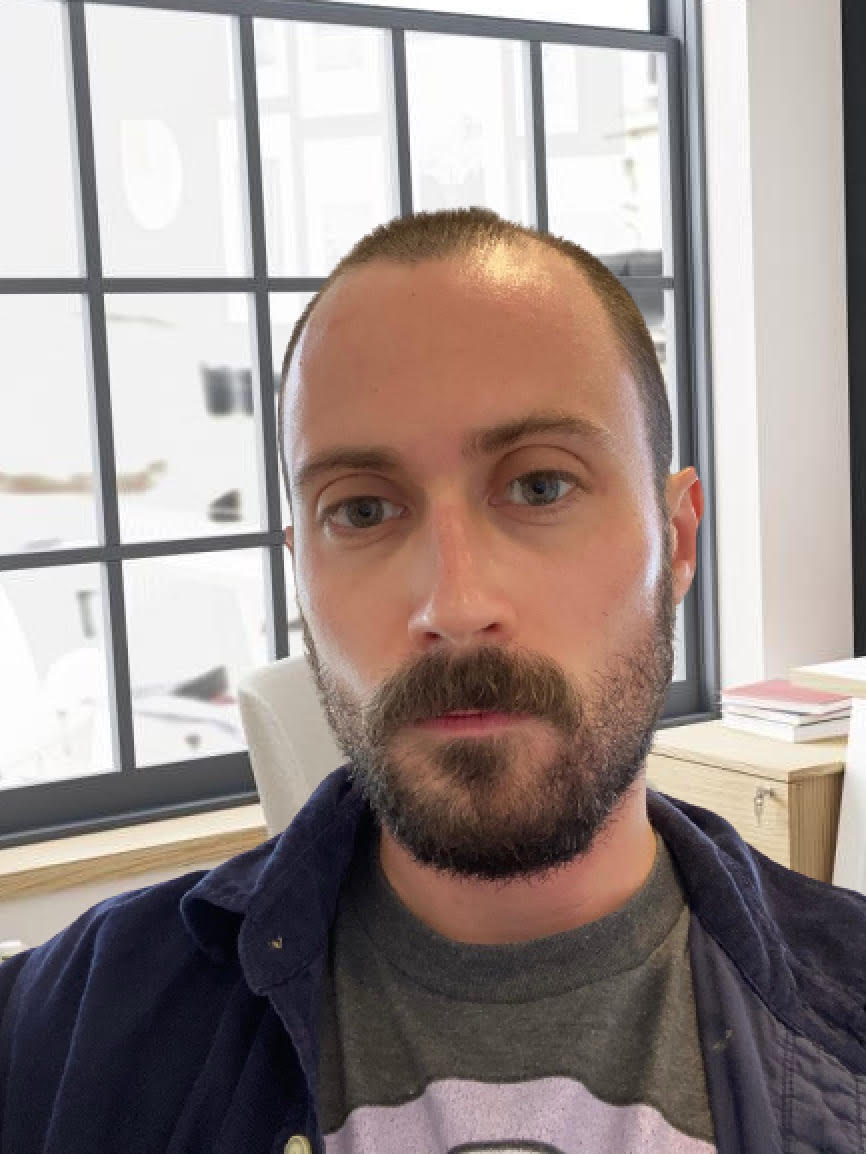Andrew Ferraiuolo

I am a computer scientist and software engineer. Usually I work
within security and privacy, programming langauges, and
hardware and architecture. I have published research in top-tier
conferences for all of these domains. I do both experiment-driven,
systems-building research and theoretical work. I have worked
at a startup, Google Research, and Microsoft Research.
I have a PhD in Electrical & Computer Engineering
from Cornell University.
Links
CV available on request.
email
Google Scholar
DBLP
Github
Currently, I am a researcher employed in the research and development department
of Certora, where I work on formal verification
of smart contracts.
Previously I was a Research Scientist at
Google Research, where I developed privacy preserving technologies.
My projects included: developing tools and theoretical foundations for
formal verification of commercial hypervisors; designing and verifying
an information flow control runtime with formal security guarantees;
developing a declarative, logic-based privacy policy language;
contributing to a dataflow analysis framework specialized for privacy use-cases;
and collaborating on static analyses for differential privacy.
Before that, I was a Hardware Engineer at Google (on a different team),
ensuring Google smartphones are resilient to physical attacks. In particular,
I developed mitigations for power side channel attacks, performed side-channel
penetration testing, and explored formal methods
tools that could provide formal security guarantees such as T-Probing Security.
At Microsoft Research, I collaborated on
Komodo
a formally verified
Trusted Execution Environment (also called an "enclave") with machine-checked
proofs of correctness and comprehensive information flow security theorems.
As a PhD student at Cornell, I won the department's Best Dissertation Award
for my research combining programming languages and computer architecture
techniques to prevent timing channel attacks.
This work began
5 years before Spectre/Meltdown drew significant attention to this problem.
My research entailed both novel computer archtiectures to mitigate these
attacks, and programming language tools that ensure hardware designs
are not vulnerable to timing channels. In particular I developed novel
microarchitectures for caches, microcontrollers, and full processors that
coordinate scheduling to achieve high performance while still preventing these
attacks. I also developed a hardware description language equipped with
an information flow type system that efficiently proves the hardware
has a timing-sensitive variant of noninterference. It supports dependant types
that can express functional correctness conditions that are dispatched to
an SMT solver.
As an undergraduate researcher at the University of Connecticut, I worked on
novel techniques for detecting hardware trojan attacks which are attacks
on computer hardware supply chains, for example, when nation-state actors
compromise a hardware fabrication facility. As a result of this work,
I published 3 papers, and won the department's best senior design project award.
